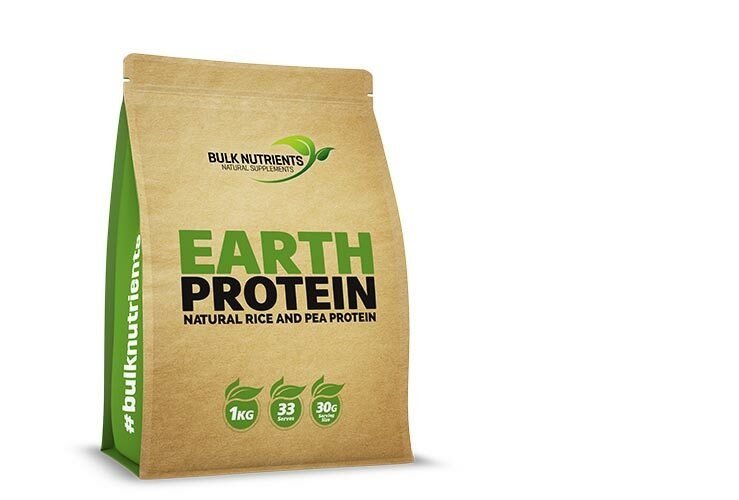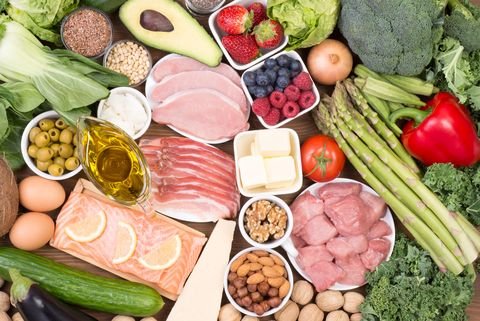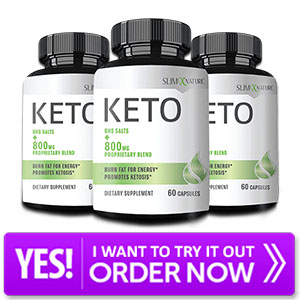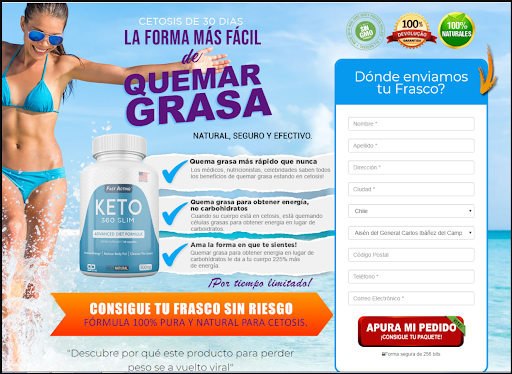Benefits of getting food certification

Scandals in the diet have prompted consumers to conclude that smaller farmers are more likely to commit nutritional theft or relax. SMEs with market presence will sponsor healthy certificates. It will boost brand identification and maintain the consumers’ quality of their food products. The authorities, therefore, see that the manufacturing area is secure and legitimate.
Harmonization with multinational agencies builds resilient, thriving organizations even in tough times. Decisions need to be closely considered for the activities, supply chain, and manufacturing employees’ continuous training.
Four of the most well-known universal standards and food certifications is:
ISO
The ISO (International Standardization Organization) 22000 lays down and can be approved as the specifications for a food safety scheme.
The ISO is an autonomous, non-governmental multinational body that comprises 163 national standard bodies, which seeks to harmonize food safety management standards in food companies and related industries at an international level.
It brings together experts in exchanging expertise and creating international norms that promote creativity and offer solutions to global problems based on volunteer, consensus-based, and market-relevant norms. It explains what an organization has to do to prove its capacity to track food security danger to ensure that food is safe.
HACCP
The HACCP (Hazard Analysis Critical Control Point) certification program is specifically developed to assist food manufacturers in designing, integrating, and evaluating service process protection and efficiency. The audits concentrate on possible sources of food safety threats by reviewing the whole manufacturing process and implementing precautionary controls at critical points such as facilities, raw material supply chain, and employees’ training and monitoring. In the HACCP method, the authority is transferred to the design and manufacture of products from the end product (corrective) checking (preventive). HACCP is internationally approved by the Joint FAO / WHO Codex Alimentarius Committee and is the most cost-effective way to manage nutrition-borne diseases.
IFS
In Germany and France, certification according to the IFS (International Food Standard) standard soon becomes a necessary prerequisite for many European retailers. Initially developed in German supermarkets, the average is intended to test food processors’ ability to meet the food safety standards compliantly and show due diligence with the French Retail Community (FCD). The Cornerstone and the higher level will be reached at two stages based on the evaluation score obtained.
Individual attention is given to Good Industrial Practice (GMP) and Good Hygiene Practice. Such a known GFSI association is based on the concept of HACCP.
BRC
The BRC (British Retail Consortium) is the United Kingdom’s largest trading body. Although the BRC standard for food protection has originated in the UK, it is now accepted as a global standard. Worldwide are more than 17,000 BRC accredited plants, and in 90 countries, there is a massive network of BRC certification bodies. To enable the food industry to satisfy the EU General Directive’s regulatory requirements on Product Protection and the UK Food Safety Act, the BRC initially established its global standard on food safety.














